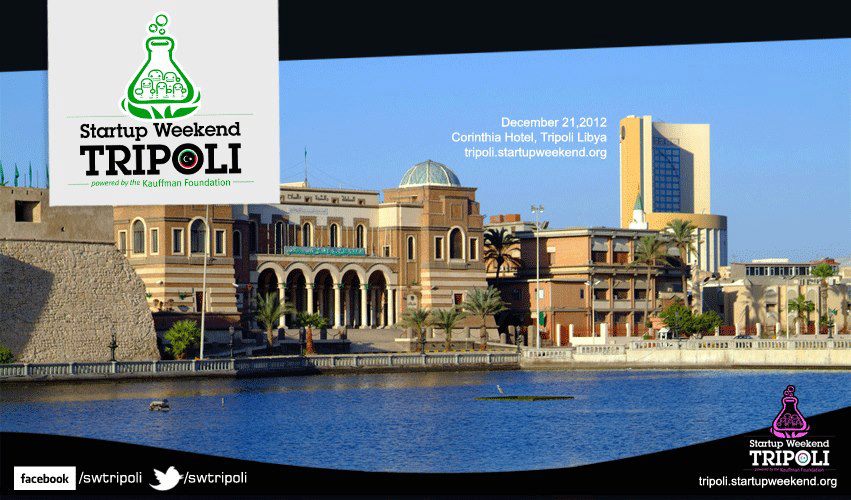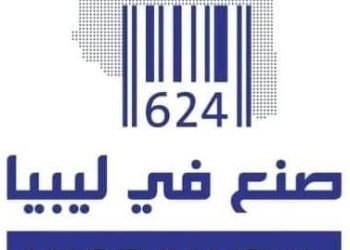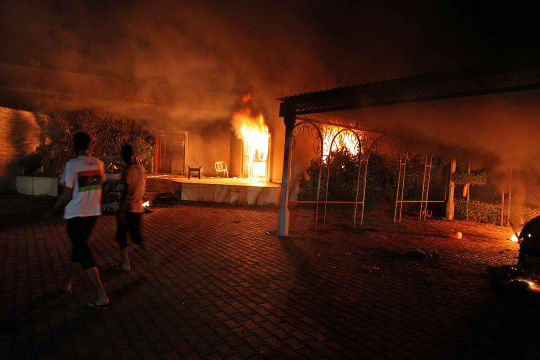By Nihal Zaroug.
Tripoli, 18 December:
For three days starting on . . .[restrict]Friday, 21 December, Startup Weekend will be held for the first time in Libya, at the Corinthia hotel in Tripoli.
In July 2007, the original Startup Weekend was created by Andrew Hyde in Boulder, Colorado, with 78 individuals in attendance. The event is a now an international movement, with a network that spreads across 30 countries, representing 100 cities, 25,000 alumni, 150 volunteer organisers and 60 trained facilitators.
As evident by the name, Startup Weekend is a weekend event dedicated to company creation, where entrepreneurs can network among themselves, and with industry leaders and specialists, to discover the potential and feasibility of their business ideas. Coaches will be on hand to help guide teams and better develop business proposals.
Startup Weekend’s mission is to “educate and inspire entrepreneurs and give them the motivation and networking they need to take the next step in creating a successful startup company. We are committed to delivering the world’s premier experiential education for entrepreneurs.”
Looking at the line up of speakers and coaches for the Tripoli Weekend, a wide variety of backgrounds and abilities are represented, an invaluable wealth of knowledge for the eager entrepreneurs and a unique chance to interact with startup successes.
Standing out among the speakers are Khalid Elhasumi, general manager for Microsoft Libya, and Nabil Suleiman Abaid, founder of the Libyan Association of Entrepreneurs and owner of MAZAYA, a local center for consultations & training.
Among the coaches, of interest is Omnia Eteyari, CEO Of Mazadah Training Center. Eteyari is herself a new business owner, a great source of information on the current requirements for business startup in Libya.
The Libyan government has been actively searching for ways to create jobs and has a National Program for Small and Medium Projects, a body focusing on the social and economic development of the country through the fostering of smaller-scale enterprises.
During a meeting with deputy prime minister Awad Barasi, the program’s head, Abdulrazaq Al-Grady, stated that the national program is in constant contact with several local councils and universities, and strives to develop a culture of entrepreneurship and innovation within communities, as well as to create the necessary structures to support and assist small and medium-sized projects in all parts of Libya. Representative offices have been opened at universities in Tripoli and Benghazi, to better serve younger businesspersons.
Libya suffers from a high youth unemployment rate, cited to be over 15 percent and affects males more than females. During last year’s revolution, many companies exited Libya and have yet to return, creating a lack of employment opportunities for many individuals, especially for former revolutionaries. To support the latter group, the Warrior Affair Commission has announced a draft project pledging 500 million dinars to help reintegrate the fighters into society and assist in the revival of the country’s private sector.
[/restrict]











